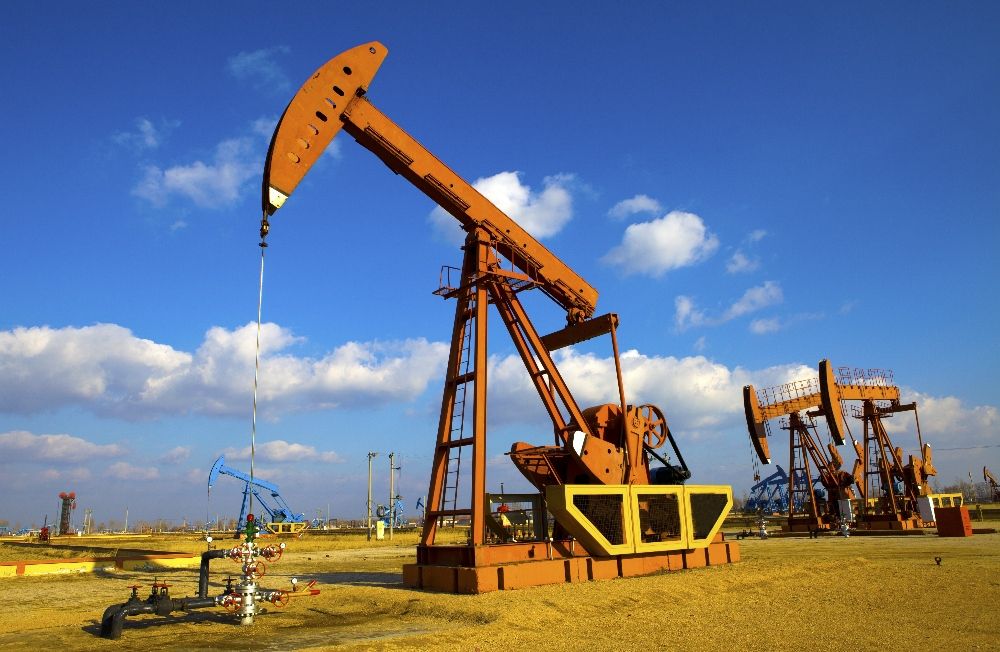China’s fuel demand may peak sooner than expected, which will reduce profit margins and force the closure of older, smaller, and less efficient oil refineries.
As a result, up to 10% of China’s oil refining capacity could be shut down within the next decade, according to a Reuters report.
Industry players and analysts suggest that stricter enforcement of US sanctions under the Trump administration could lead to more plant closures.
This is due to the potential inability to access affordable crude oil from countries such as Iran.
China’s refining industry in doldrums
China’s refining industry, globally ranked second in size, underwent a period of expansion to leverage three decades of rapid demand growth.
This expansion has resulted in a persistent issue of overcapacity, according to the report.
Analysts said that authorities, including officials in Shandong province, the independent refinery hub, have not been willing to shut down inefficient plants, due to the fact that these plants employ tens of thousands of workers.
However, the rapid electrification of vehicles in China and the country’s slowing economic growth are causing the weakest operators to become unsustainable, forcing a necessary restructuring.
China, the world’s largest crude buyer, accounting for 11% of global demand, saw crude imports decline 1.9% in 2024 – the only drop in the last two decades outside the COVID years.
This drop in imports, likely due to weaker demand, impacted global oil prices and may signal a cap on future Chinese crude imports.
The clearest sign of the industry’s struggles is the poor operating rates of refineries.
Chinese refineries operated at only 75.5% of their capacity in 2024, the second-lowest utilization rate since 2019 and significantly below the over 90% rate of US refiners, according to estimates from the consultancy Wood Mackenzie, Reuters said.
Teapots taking the biggest hits
Independent fuel producers, known as teapots and mainly located in Shandong, eastern China, are experiencing the most severe impact.
These producers, who contribute a quarter of the industry’s output, operated at only 54% capacity last year, the lowest since 2017 outside the COVID years, Reuters quoted data from a Chinese consultancy.
In 2023, Beijing signaled its intent to eliminate the smallest refineries by imposing a national refining capacity cap of 20 million barrels per day by 2025.
This move effectively put weaker players on notice, as the current capacity is only slightly above 19 million barrels per day, according to the report.
Industry players told Reuters that the launch of four large privately-controlled refineries since 2019 has made smaller plants dispensable.
These new refineries account for 10% of China’s refining capacity.
In 2021, Beijing began pursuing independent refiners for unpaid taxes, adding to their challenges, Reuters said.
Smaller operators, particularly those who rely on processing imported fuel oil and do not qualify for Beijing’s crude oil quotas, will face additional pressure in 2025.
This is due to new tariff and tax policies which are expected to increase their costs, according to industry executives. These plants account for a combined processing capacity of over 400,000 barrels per day.
Approximately 15 to 20 independent refineries, which represent about half of the 4.2 million to 5 million barrels per day of teapot capacity, could survive for a decade or more, according to the Reuters report.
Wang Zhao, a senior researcher at Sublime China Information, told Reuters:
Those of scale and integrated with chemicals production, having land space for expansion and infrastructure like pipelines and terminals in place, could sustain in the longer term.
2025 holds key
Last year, three Shandong-based refineries under the state-run Sinochem Group were shut down indefinitely due to hefty unpaid taxes and subsequently faced bankruptcy.
Even if Sinochem managed to reopen them, the plants would operate at a cost disadvantage.
Sinochem avoids discounted oil from Iran, Venezuela, or Russia due to sanctions concerns, Reuters quoted Mia Geng, energy consultant FGE’s China analyst.
Reuters has reported that numerous teapot refineries have almost entirely switched to discounted oil, particularly from Iran, in response to shrinking profit margins.
The possibility that the US, under President Donald Trump, may strengthen sanctions enforcement on Iranian oil could increase costs for Chinese teapot refineries.
This is because Iranian oil makes up more than 10% of Chinese imports.
The post Why China’s oil refining capacities may dwindle in next 10 years? appeared first on Invezz

